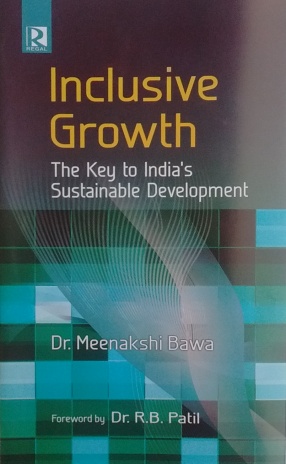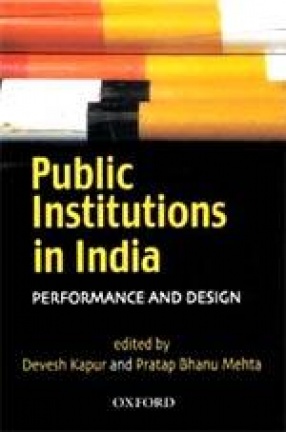The focus of the Government of India in recent years, particularly since the Eleventh Five Year Plan, has shifted from promoting incredible India to building inclusive India. There is unanimity in thinking among the intelligent that if India has to become an economic power, growth has to be inclusive and must touch the lives of millions of people residing in rural areas.
India, with the world’s second largest population and widespread urban and rural poverty, faces the challenge of bridging the growing gap between the haves and the have-nots. It is imperative to focus on inclusive growth now as it is inter-related with several key challenges facing the government, such as poverty reduction, increase in quantity and quality of employment, agricultural development, social sector development, reduction in regional disparities and environmental protection. An India with a sustainable 9% or higher growth rate will be possible only if urban and rural Indian integrate in economic opportunities and quality of life.
In this context inclusive growth assumes unprecedented significance. This concept basically refers to the inclusion of everyone in the process of growth. It is an attempt to ensure that the fruits of growth reach all sections of the society. This approach emphasizes the sustainable long-term growth. Inclusive growth should ensure the creation of employment opportunity, reduction in poverty, access to essential services, equality of opportunity and improvement in quality of life particularly of SC, ST, OBC, women and Minorities, etc.





There are no reviews yet.